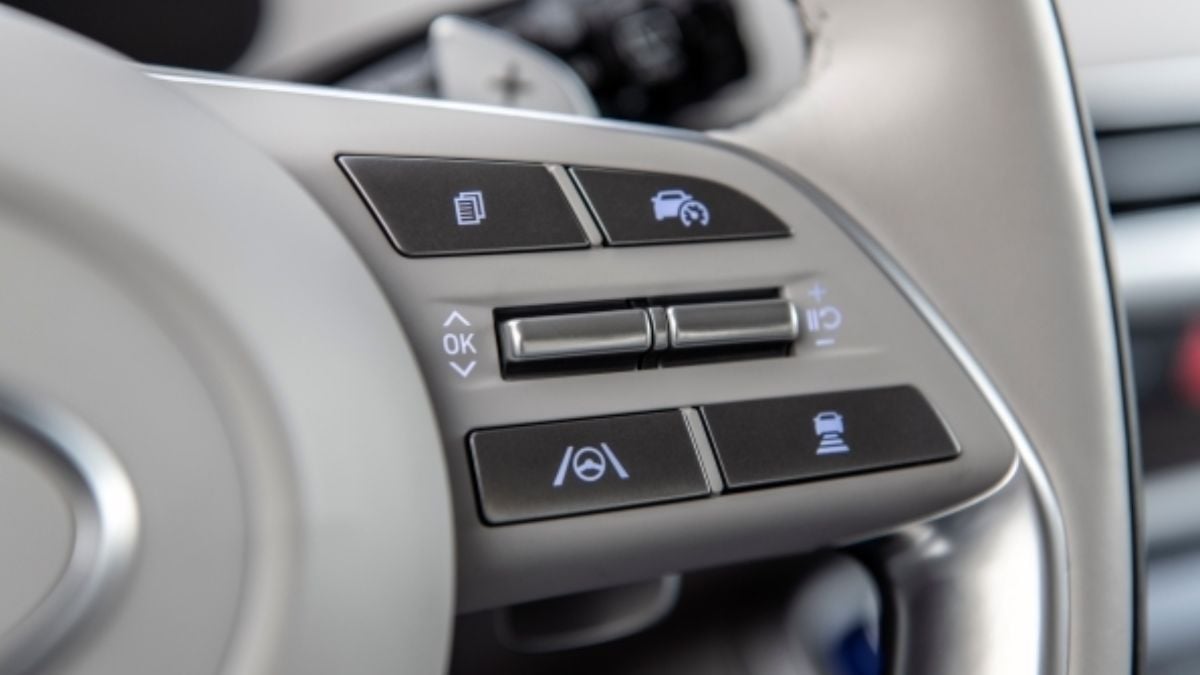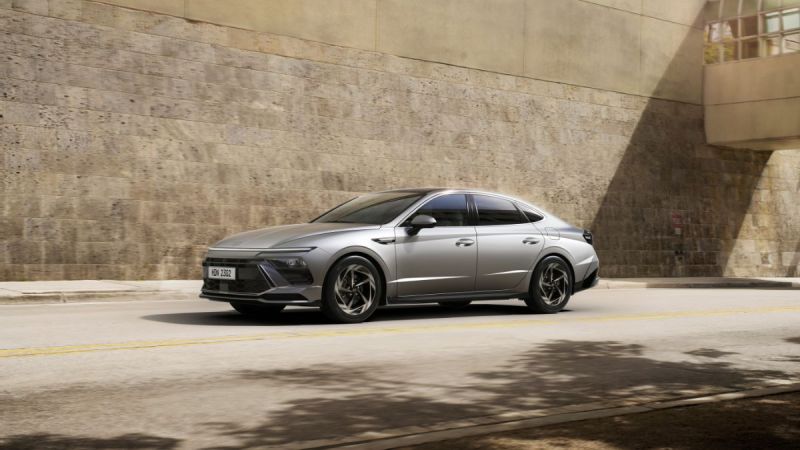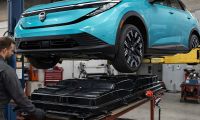It’s one thing for a car to have a few quirks over time. But when an engine gives out before even reaching 100,000 miles despite flawless maintenance, that’s a different story. The reliability you thought you were buying starts to feel like nothing more than a carefully marketed illusion. That’s the feeling one Hyundai owner, David Laws, recently shared in a post that’s now resonating with many other frustrated drivers across the country. I found his post through the “Hyundai Owners Problems and Service Issues” group on Facebook. He shared that his Hyundai’s engine failed at just 82,000 miles, despite him changing the oil every 3,000 miles using synthetic. He believes the issue isn't due to poor maintenance, but rather a deeper problem with Hyundai’s engine reliability, and he's now warning others not to be misled by the brand’s stylish appearance. In his words, he said:
“There must be a lot of fake posts on this group. Look how many Hyundai vehicles engine failed before 100,000 miles. Any company that can't make a car last past 100,000 miles is not reliable and no it is not user maintenance. These cars are pretty but not reliable. Mine only made it to 82,000 before the engine blew and I changed the oil every 3,000 mi with synthetic oil. Do not buy these cars just because they are pretty.”
His frustration echoes what we’ve been hearing more and more from long-time Hyundai owners, many of whom did everything right. Routine oil changes, synthetic fluids, and sticking to service schedules, but the engine still gives out well before what any reasonable owner would expect.

Not Everyone Has the Same Experience
Naturally, not all Hyundai owners have faced the same level of engine trouble. In fact, the comments under David’s post quickly turned into a conversation that revealed just how split the ownership experience has become.
Kevin Spencer replied with a much more positive outlook: “Never had a problem with any Hyundai in 19 happy years.”
His comment reminds us that some Hyundai models and owners do go the distance without major issues. But that’s exactly what makes posts like David’s and others so unsettling. If some engines are lasting 200,000 miles and others are dying at 82,000, that kind of inconsistency suggests deeper quality control concerns.
Pete Toby Bailey weighed in with a more technical explanation, noting that some of these failures trace back to the factory: “The main problem was machining debris left in the block during the build process. The debris plugged up oil holes which starved the motor of oil. I made sure I did an early oil change to remove debris if it was in there.”
This has come up in other forums too, especially among those familiar with Hyundai’s past recalls. Improper engine block cleaning and metal shavings have led to well-documented catastrophic failures, and it highlights just how critical proper assembly is from the start. We have seen factory errors affecting other car manufacturers too, like Toyota for example. An example of this can be found in another one of my articles, where I dug deeper into how factory-related failures can sometimes defy even the best maintenance routines.
And then there’s Robert Hrica, who took a step back to look at the bigger picture: “The quality of new cars and trucks. Every model is having numerous recalls and problems.”
Robert’s perspective points to a much broader industry concern, one that isn't just Hyundai-specific. We are living in an era of mass production and tight manufacturing margins, where sometimes speed seems to win over scrutiny. But when companies try to push quantity over quality, it’s the customer who pays the price.
One of the most interesting responses came from Saviana Riviera, who shared: “I have a 2013 Sonata and never had issues. Same original transmission & engine. We are reaching very close to 300,000 miles. I have my oil changed every 2 1/2 months because I travel for work.”
Her experience, funny enough, is exactly the opposite of a case I wrote about one owner's 2012 Sonata. That one's engine blew up 4 times! So what’s the deciding factor? Saviana’s rigorous oil change schedule might be part of it, but it also seems like some of these engines simply roll off the line better than others.
That type of uneven quality isn’t something a customer should have to gamble on. A vehicle is one of the most expensive purchases many people make, and buyers should feel confident that their engine won’t catastrophically fail under normal use before it hits six figures.
A History of Recalls Doesn’t Inspire Confidence
Hyundai’s reliability reputation took another hit recently when Hyundai issued a massive recall covering over 1 million vehicles due to ESP-related issues. The recall included popular models and served as a stark reminder that problems with reliability and quality assurance continue to plague this automaker.
Ironically, while these engine issues continue to emerge, publications still recognize Hyundai for awards like Best SUV Brand of 2025. This only adds to the confusion and the mixed messages that buyers have to decode.
Even when reliability seems solid, surprises can still surface. One driver shared their experience of pulling out of the dealership after service and spotting smoke coming from the front of their Hyundai Kona at just 70,000 miles, a moment that instantly shattered any sense of trust.
As someone who has grown up reading about Hyundai’s evolution and now reporting on it, I think we’re watching two very different reputations battle for control. One is the image Hyundai built through aggressive styling, strong value, and long warranties. The other is the reality that some owners face: inconsistent build quality, engine failures, and an uphill battle for accountability.
I believe David’s story and the others like it highlight a gap between perception and reality. The problem isn’t that Hyundai can’t build a good car. It’s that, in too many cases, they didn’t. And until that gap is closed consistently across the board, I believe stories like David’s will continue to surface.
Key Takeaways
- A good maintenance routine doesn't always protect you: Even perfect upkeep can’t prevent engine failure if the issue is from the factory.
- Don't be misled by design and awards: A sleek design and a few “best of” accolades don’t always translate into long-term reliability. This isn't to bash Hyundai, but for all manufacturers in general as well.
- Factory defects can hide until it’s too late: Issues like machining debris might not show up until the damage is already done.
- Some Hyundai engines perform brilliantly, but others don’t: The fact that it feels like a gamble is part of the problem for new generations that come out.
- Recalls are only part of the story: While recalls often cover known engine defects, they don’t always prevent failures from happening in the first place. This is especially when the root cause is a manufacturing flaw that went unnoticed until it was too late.
I Would Like To Hear Your Opinion
Have you ever had a Hyundai or Kia engine fail on you well before 100,000 miles? Even with perfect maintenance?
Or do you have a high-mileage Hyundai that’s been nothing but reliable and want to share how you’ve kept it running strong?
Let us know in the comments below, as your story might help someone else make a better decision.
Aram Krajekian is a young automotive journalist bringing a fresh perspective to his coverage of the evolving automotive landscape. Follow Aram on X and LinkedIn for daily news coverage about cars.
Image Sources: Hyundai Gallery












